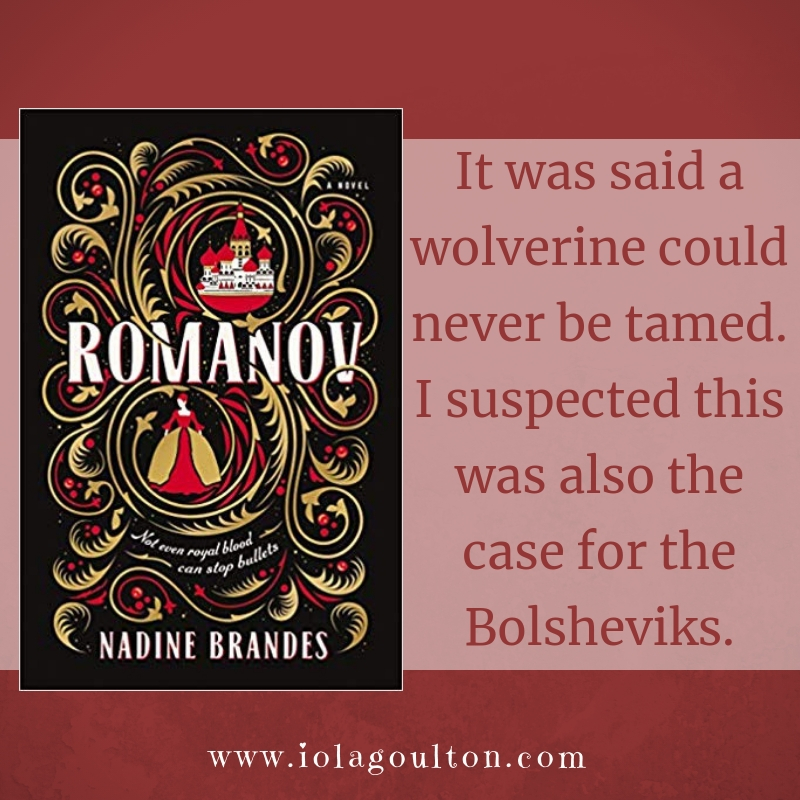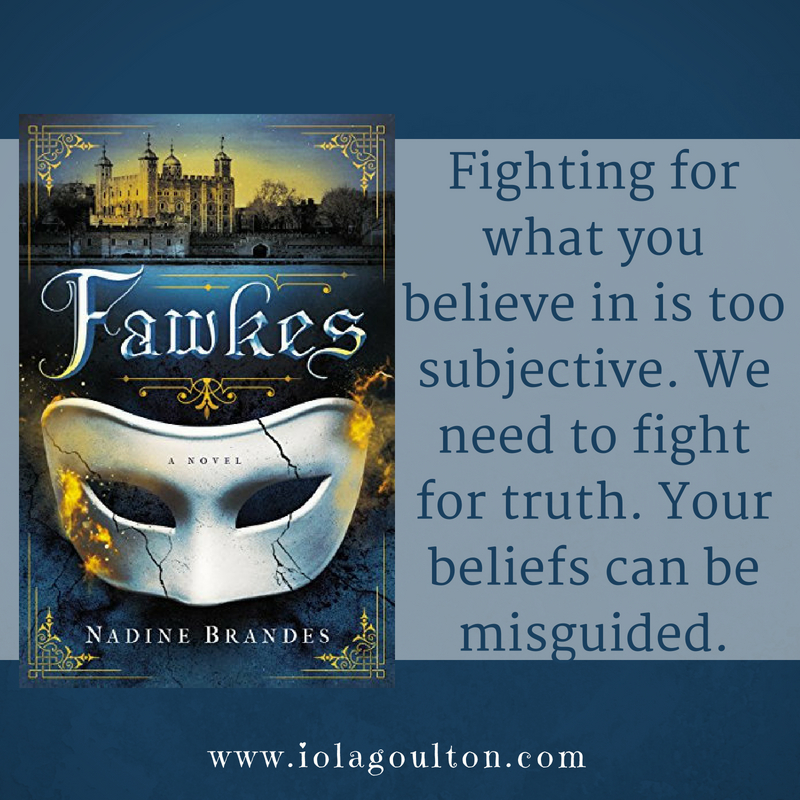And what do you like most about his/her books?
I’m not a big speculative fiction reader, which makes this question both easy and hard to answer. Hard, because I haven’t read a lot of Christian speculative fiction (and some of what I have read I don’t necessarily class as speculative), so I don’t have a lot of authors to choose from. But not having a lot of authors to choose from also makes the decision easy. Well, easier.
First I’m going to discuss an author I haven’t chosen as my favourite speculative fiction author: Adam Collings.
Now, I will admit to some bias here because I’m lucky enough to be Adam’s editor (which means I get to read the books first). Adam writes science fiction, which is technically included in speculative fiction, but which I consider a separate genre.
I read a lot of sci fi as a teenager, and I’m a big fan of TV science fiction, especially Stargate, Star Trek (especially The Next Generation), and Battlestar Galactica (proof that the remake can be better than the original).
Adam’s Jewel of the Star series combines elements of Star Trek and Battlestar Galactica, in that it’s set on a cruise ship (a spaceship cruise ship) that appears to harbour the only survivors of an alien attack on earth. The second episode, A New Reality, has just released, and you can click here to check out Adam’s books on Amazon.
But what about true speculative fiction?
My choice is Nadine Brandes, on the basis of reading Fawkes (a 2019 Carol Award winner), and Romanov. Fawkes is an alternate retelling of the story of Guy Fawkes and his attempt to destroy the English Houses of Parliament in 1605, told from the viewpoint of Thomas Fawkes, Guy’s son. It’s an intriguing reimagination of a well-known story, one we hear every November at Guy Fawkes’s night aka Bonfire Night … or when we Kiwis let off our fireworks each year.
Click here to read my review of Fawkes.
Romanov is a reimagination of an equally intriguing tale: the last days of the Romanovs, the Russian Imperial Family, told from the point of view of Anastasia, the youngest daughter who rumour once said survived the slaughter of her family at the hands of the Bolsheveks.
Click here to read my review of Romanov.
If you’re interested in speculative fiction, then check out Nadine Brandes and her books. And if you’re an author wanting ideas around how to build an author platform, check out Nadine Brandes. She has a brilliant Instagram account, and her newsletter is excellent.






